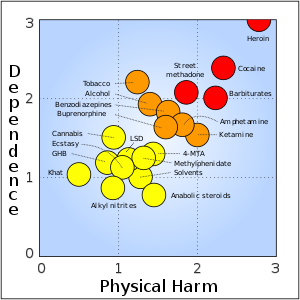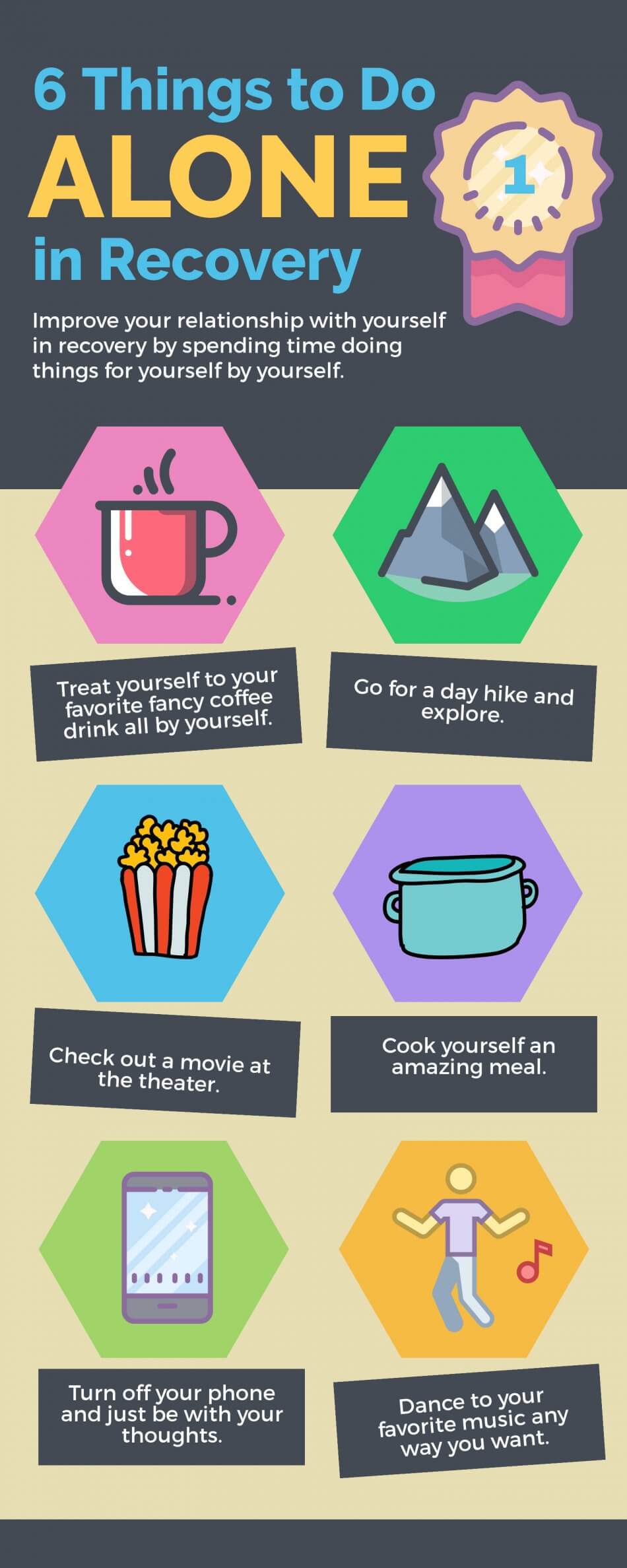All of us require enough sleep, and the best type of sleep, to be happy and healthy. In the long run, not getting enough sleep can affect our moods as well as our physical wellbeing. how dating at a young age affects mental health. There are lots of things you can.
try to improve your sleep quality and amount. But if you try these things and you still can't sleep, speak to your GP - how physical fitness affects mental health. Information about a treatment, service, item or treatment does not in any way endorse or support such treatment, service, product or treatment and is not meant to replace recommendations from your physician or other registered health professional.
, stabilize, and heal itself. A research study published in Science found that the brain cells of mice may in fact diminish throughout this procedure to accommodate the volume of liquid streaming in and out of the brain, which appears to assist clean out waste. The cells then appear to expand once the mice awaken. These findings support a later research study that showed sleep deprivation had a dampening effect on brain cell activity. Waste develop and sluggish neuron signals often cause minimized decision-making abilities, reaction times, and thinking abilities. Maintaining a healthy diet plan isn't simple if you're not getting enough sleep. Throughout sleep deprivation, the body releases higher amounts of the cravings hormone ghrelin while releasing less of the satiety hormone leptin. When you eat these foods, your brain gets more benefits than normal, triggering you to crave them even more. Cravings changes are one of the reasons that extended sleep deprivation may lead to undesirable weight gain and diabetes. While you sleep, your immune system gets to work recharging itself and making antibodies. As soon as you get ill, a body immune system depressed by sleep deprivation takes longer to fight off infection. Your body immune system health can also be affected by bad sleep quality. The body immune system goes to work charging itself and battling infection while you remain in the deepest levels of sleep. If time is cut brief or you experience wakefulness throughout the night, the immune system does not get the time it needs to stay healthy. Lumps, valleys, or even tags on your bed mattress might trigger wakefulness. If persistent discomfort is a concern, you might require a bed mattress that's designed for your favored sleep position. Today, you can research and purchase bed mattress online and have them delivered to your door to make this process simpler. Other environmental aspects like noise, light, and room temperature could likewise disrupt your sleep. Many people sleep more conveniently in a room kept between 60 to 68 degrees to allow the natural drop in body temperature level at the start of sleep. By making sleep a concern, you provide yourself the possibility to get the rest that your mind and body require. With the best environment and consistent effort, a much better night's sleep is just a great night's rest away.

Her preferred research study topics are health and health, so Amy's a regular reader of Scientific American and Nature. She loves taking naps throughout thunderstorms and cuddling up with a blanket, book, and cats. SOURCES: Maddox, W.T. Sleep, 2009; vol 32: pp 1439-1448. Taylor, D.J. Sleep, Nov. 1, 2005; vol 28: pp 1457-1464. National Sleep Foundation:" 2009 Sleep in America Poll Emphasizes and Key Findings,"" 2002 Adult Sleep Habits, "" Teenagers and Sleep.
Excitement About How Negativity Affects Mental Health
" National Institute of Neurological Disorders and Stroke:" Brain Essentials: Understanding Sleep." WebMD Feature:" The Toll of Sleep Loss in America. "NIH National Heart, Lung and Blood Institute:" Your Guide to Healthy Sleep." Barry Krakow, MD, medical director, Maimonides Sleep Arts and Sciences, Ltd., Albuquerque, N.M.; author, Sound Sleep, Sound Mind: 7 Keys to Sleeping Through the Night. Allison T. Siebern, PhD, fellow, Insomnia and Behavioral Sleep Medication Program, Stanford University School of Medicine, Sleep Medication Center, Redwood City, Calif. U.S. Department of Health and Person Providers:" Your Guide to Healthy Sleep." WebMD Medical Recommendation:" Sleep 101." National Highway Traffic Security Administration:" Drowsy Driving and Auto Crashes.". Sleep is not simply' time out 'from our hectic routine.

The majority of us require to sleep well to help our bodies recuperate from the day and to enable recovery to take place. But with significantly hectic lives it's approximated that we now sleep around 90 minutes less each night than.
we did in the 1920s. Absence of sleep can make us feel physically weak as well as stressed and anxious, and scientists also think that it contributes to cardiovascular disease, premature ageing and road accident deaths. There are more than 80 various sleep issues listed in the medical textbooks, varying from the failure to get to sleep( sleeping disorders )to the failure to stay awake( narcolepsy ). However sleep issues can likewise be a symptom of other conditions, such as a problem with your thyroid gland or depression, so it deserves seeing your GP if your sleeping issues continue. Sleeping disorders is the most common sleep disorder, affecting an estimated 20% of individuals. Typical symptoms are: issues going to sleep problems staying sleeping( so that you wake up a number of times each night )waking up too early daytime sleepiness, stress and anxiety, impaired concentration and memory and irritation Short-term insomnia, lasting for a few nights or a few weeks, normally affects people who are briefly experiencing several of the following: stress change in environmental sound levels severe change in temperature level a different routine, possibly due to jet lag negative effects from medications Persistent insomnia, lasting for a month or longer, typically arises from a mix of factors that in some cases include underlying physical or mental illness. Narcolepsy is a brain disorder that upsets how the body regulates your sleep patterns. https://what-is-borderline-personality-disorder.mental-health-hub.com/ Among the primary signs is excessive drowsiness- patients can go to sleep at work, talking or driving an automobile. These' sleep attacks' can last from 30 seconds to more than thirty minutes, regardless of how much sleep you are getting at night. The individual will stop breathing briefly at intervals throughout the night, which wakes them up briefly- constantly interrupting their rest. Individuals with sleep apnoea awaken to breathe hundreds of times throughout the night, that makes them very tired during the day. Typically they aren't conscious of these quick awakenings.